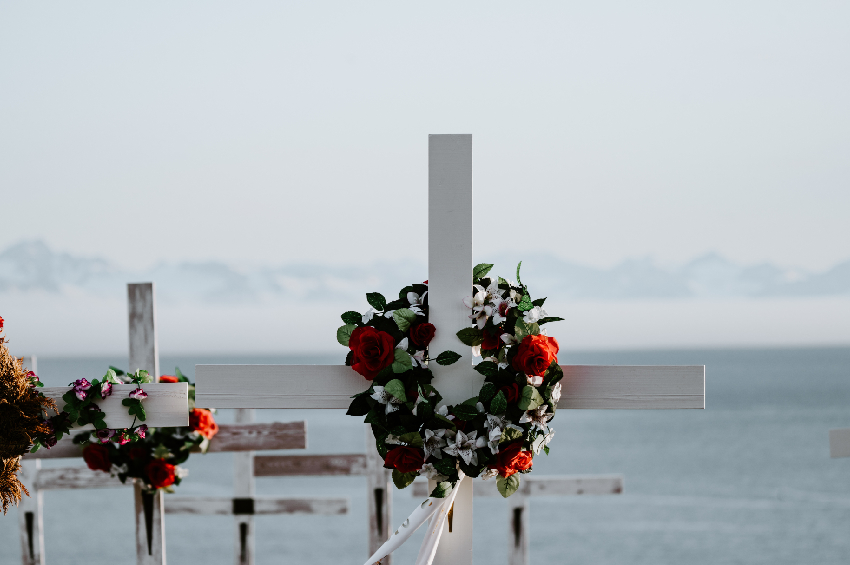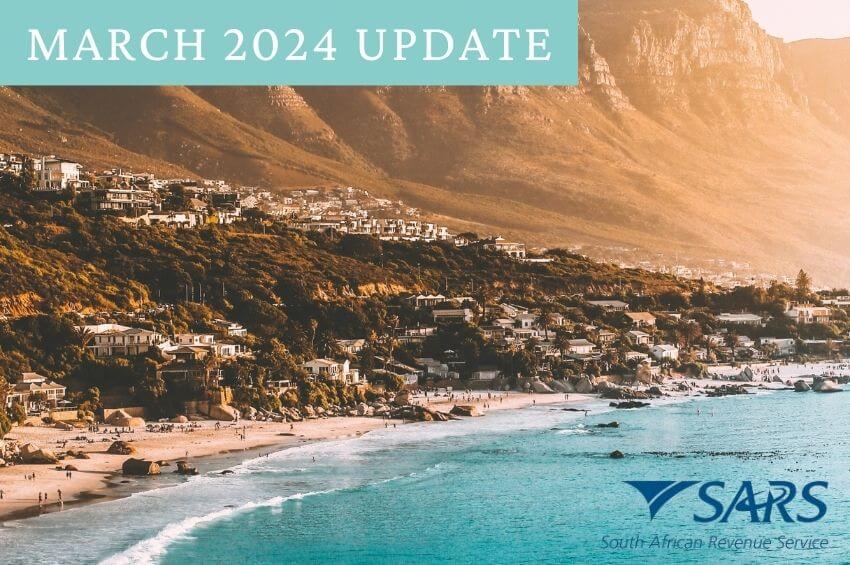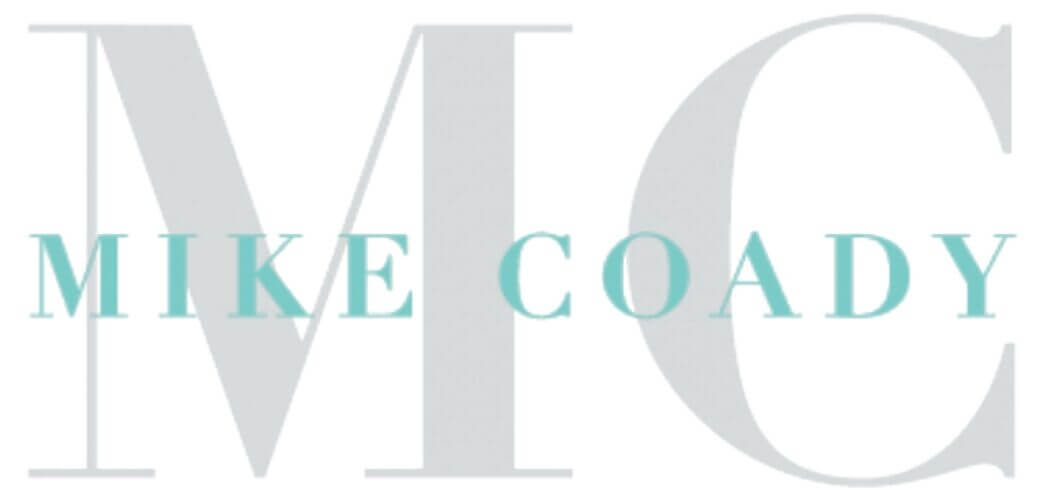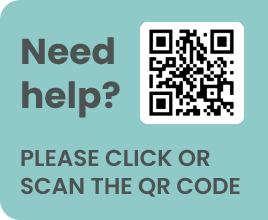
Home UAE Expats: Dangers of joint bank accounts

UAE Expats: Dangers of joint bank accounts
|
Getting your Trinity Audio player ready...
|
Indian expat Narendra Gajria lost his wife, and Dh1 million in savings blocked in banks
If you think you are playing it safe by doing so, then take some time to rethink as experts say otherwise. Take the case of Dubai expat, Narendra Gajria whose Dh1 million was blocked from across his various UAE joint bank accounts following his wife Heena’s death.
Besides the fact that he had little time to mourn her death, Gajria found himself stuck in the UAE with no money. The reason is, the couple had joint accounts with various banks in the UAE.
No sooner than she (Heena) died, Dubai Courts, as part of the procedure to issue a succession certificate to the legal heirs temporarily blocked their accounts.
This meant Gajria could not withdraw money from the ATM, make online transactions or use his card to make purchases like grocery items and other essentials for daily sustenance.
Worse, he did not have a separate bank account in his name through which he could conduct transactions.
“I had close to a million dirhams in different bank accounts and they were all blocked. As soon as I realised this, I rushed to one of the banks I was dealing with and opened a new account in my name. I put whatever little money I had in my wallet into that account.”
“I headed straight to my office after that and provided my new bank details so that my salary could be transferred. Luckily for me, the next day was payday, so I had money coming into my account. Until then I was stuck without any money.”
Gajria told Gulf News that it took five months for his monies to be transferred back to him.
“My wife and I did not have a will made out in the UAE. There was a will in India, but that was not valid here as it did not cover monies and investments in the UAE. And so when Dubai Courts finally transferred my money five months later, it was distributed to my children and me based on Sharia Law principle.”
“My son received 50 percent, my daughter 25 percent and I received 25 percent. This was not an issue for me as the end of the day it all came back to the family.”
Gajria said he never imagined having a joint account with his wife in the UAE would cause so much inconvenience. “Back home in India, it is common for couples to have joint bank accounts. The terms are usually Mr. and or Mrs. …., either or survivor. I assumed this would be the scenario here in the UAE as well. The whole reason I did a joint account with my wife was to secure both our futures. So what transpired after her death was a revelation to me.”
So what happens when an account holder dies
Gajria explained: “When somebody dies, the successor has to go to Dubai Courts to apply for a succession certificate. For this, the successor has to fill out a form in the Courts giving details of all bank accounts.”
“The moment this is submitted, the banks freeze the accounts. It actually happens within a few hours of submitting the form,” he said.
“The funds from the bank account are transferred to the Courts. Once the Court does its due process, the monies are distributed to the account holder’s successors. If the deceased has a registered will in the UAE, the monies will be distributed according to the will. In the case there is no will, the Shariah Law comes into effect. In my case since we did not have a will, the Shariah Law was applied,” Gajria said.
Maintain separate individual accounts
Ali Haddad, Head of Haddad & Associates and chairman at Lawyer Business Group recommended everyone in the UAE have single individual bank accounts in their names, rather than having joint bank accounts.
“It is practical and safe in the case of anything untoward happening like death to one of the account holders. Moreover, ensure there is enough money in the individual account to take care of emergencies. Remember when your account is blocked, you cannot pay your bills, your rental allowance, or school fees.”
Mohammad Marria, Managing Director of Just Wills said: “People assume freezing accounts following the death of an account holder is a Shariah Law principle. Actually, it is not so, as countries like Canada, South Africa Italy, and others also block accounts when an account holder dies.”
Single vs Joint bank accounts
“Having joint bank accounts is common practice amongst expats in the UAE. Most expats have joint bank accounts in their home country and therefore prefer to do the same when they step into the UAE. But rules are different here in the UAE.”
“What expats are not aware of is that in the UAE, unlike their home country, in the case of an eventuality where one of the account holders dies, the joint bank account here is frozen or blocked,” said Marria.
“Most banks can open a savings account for your partner, however, please ensure the account is in a different bank to where your partner has an account,” he explained.
How is the bank informed
The human resources department where the employee works usually informs the bank regarding the employee’s death. This is done on a priority basis, especially if the employee has taken a bank loan and there are outstanding dues.
“The surviving account holder has to inform the bank if there is any mortgage on the property to clear any loan outstanding,” said Marria.
Managing and protecting your wealth doesn’t need to be difficult, speak to Mike Coady today to learn more about how he can help and ensure you can pass on your wealth in the future.
Book A Discovery Meeting
If you need more advice then our financial services are available to you. Contact Mike Coady today to discuss our solutions and how we can help.
About Mike Coady
Mike Coady is an expat expert financial advisor based in Dubai and is on hand to help with all of the above and more. With experience in insurance and risk management as well as wills and other financial services, Mike Coady can help provide you with tailored financial advice.
Mike is an award-winning money coach and industry leader in the financial sector.
Qualified to UK Financial Conduct Authority (FCA) standards, a member of the Chartered Insurance Institute, a Founding Fellow of the Institute of Sales Professionals (FF.ISP), and a Fellow of the Institute of Directors (FIoD) and featured as a highly qualified Financial Adviser in Which Financial Adviser.
To learn how to choose a great financial adviser, download our free guide.
Blog published by Mike Coady.
Related
You May Also Like

South African Expat Tax Update 2024
South African expatriates should not only understand the newly implemented 2023/2024 tax laws, which aim at taxing their...

British Expats – please cancel your Premium Bonds now!!
“They are nowhere near as good as they used to be and now that you are an expat,...

Why aren’t you saving? Understanding the consequences
Waiting to start saving for retirement? You’re not alone. According to a survey from the Employee Benefit Research...
DISCLOSURE:
mikecoady.com, the website, does not provide financial, investment or tax advice. It is specially designed to provide its users with general information. It does not give individual or specific advice on which products or services are the most appropriate for an individual’s particular circumstances. We may from time to time publish content on this site that has been created by affiliated or unaffiliated contributors.






